Many early indicators of pregnancy are nonspecific and might be misinterpreted. As a result, deciding when or not to take a pregnancy test might be challenging. That’s why in this article I’ve compiled a list of 11 signs of a really early pregnancy that suggest it’s time to get a pregnancy test because most likely you might be pregnant. Ready? Let’s begin.
Disclaimer: This post contains an affiliate link. To read more check this link.
Signs of a really early pregnancy.
When a person becomes pregnant, a pregnancy test will not display positive right away. It takes time for the hormone human chorionic gonadotropin (hCG) to be released in sufficient amounts to show up on a test. If a person has a 28-day cycle, this will be around 12–15 days following ovulation.
Some medical organizations recommend taking the test on the first day of your cycle. However, the Food and Drug Administration (FDA) warns that for 10–20 percent of persons, the results on this day may not be correct. Instead, they recommend waiting 1–2 weeks after missing a period to take a test. Some tests, on the other hand, are more sensitive to detect a pregnancy. For example, this pregnancy test gives you an answer 6 DAY SOONER than your missed period, it detects all forms of the pregnancy hormone to give you an accurate result in just 3 minutes. Click this link to check it out.
Another alternative is to wait at least 21 days after not using birth control after having intercourse. Blood tests on the other hand are performed at a medical office and can reveal whether or not a woman is pregnant 6–8 days after ovulation.
What are home pregnancy tests, and how effective are they?
It is best to find out if someone is pregnant as soon as possible. Not only may they begin planning the next steps, but they may also need to address health concerns and lifestyle modifications.
Before they miss a period, some women experience early indicators of pregnancy, such as exhaustion or breast soreness. The following are early warning signs:
- A period that was missed.
- Breast alterations.
- Cramping with mild bleeding.
- Food aversions or desires nausea and vomiting weariness headache.
- Alterations in bathroom usage.
- Mood swings.
- Birth control was not used.
11 signs of a really early pregnancy.
1. You’ve missed your first period.
A missed period is often the first and most unmistakable symptom of pregnancy. Missed periods can occur for a variety of reasons, but if a person is sexually active, a missed period can indicate pregnancy. When administered after a missed period, most pregnancy tests are extremely reliable, but hormone levels may not always be high enough to provide a positive result. If a woman misses her period and a pregnancy test comes out negative, she should try again in a few days.
A missed menstruation is one of the earliest indicators of pregnancy. This is frequently the catalyst for someone to seek a pregnancy test. However, it is critical to understand that this missed period may occur after the first week of pregnancy. The majority of women miss their period two weeks after conception, as implantation occurs approximately two weeks after ovulation and hence approximately two weeks before the next period begins.
Throughout the menstrual cycle, the ovaries produce estrogen and progesterone to help grow and sustain the uterine lining. Pregnancy hormones stimulate the ovaries to continue producing estrogen and progesterone, ensuring that a woman that is pregnant does not suffer bleeding or menstruation. If there is no pregnancy to stimulate the ovaries to continue producing these hormones, the lining will shed, and the woman will experience a period.
Share this article.
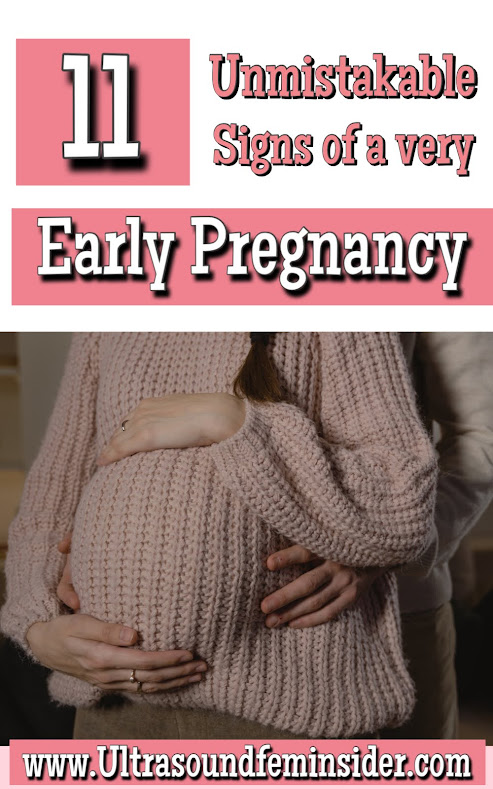
2. Starting to notice breast tenderness more than usual.
Apart from missing periods, another early indicator of pregnancy that might occur during week one is breast discomfort. Once hCG is present in a woman’s system, she explains, she begins to experience early pregnancy symptoms, including breast soreness. Some people suffer pain in a specific area, while others experience soreness over their breasts or under their armpits. 76 percent of people feel breast soreness during the first trimester, according to research published in the Journal of Clinical Nursing.
Breast tenderness is caused by hormonal changes that prepare the body for lactation. The following are examples of common symptoms: Breast discomfort swelling breasts nipples and areolas that are getting bigger or darker.
3. You are having some light vaginal bleeding.
Implantation bleeding, or mild bleeding that occurs when the embryo attaches to the uterine wall, affects about a quarter of the population. Implantation bleeding is usually lighter and less intense than monthly bleeding. Light spotting is common during the first 12 weeks of pregnancy, although implantation bleeding occurs 6–12 days after conception.
Bleeding during early pregnancy might be distressing, but this bleeding can occur for a variety of reasons. The primary concern with bleeding during early pregnancy is a miscarriage or an ectopic pregnancy, which occurs when the pregnancy does not implant in the uterus.
However, this is not the only reason of early pregnancy bleeding.
Occasionally, bleeding develops as a result of the implantation. When implantation occurs, the uterine lining is disrupted, resulting in mild bleeding. If you experience bleeding during pregnancy, discuss it with your doctor to determine what is occurring with your pregnancy.
4. Cramps are also a sign of a really early pregnancy.
Cramps are typical before or during a menstrual period, but they can also occur during implantation as well. It may be a good idea to take a pregnancy test if cramps occur around or before your period is due, but there is no bleeding, or the menstruation is significantly lighter than usual.
Early pregnancy cramping can be caused by the uterus growing early, but it can also be caused by constipation, gas, or bloating in the intestines.
5. Starting to feel unusual vomiting and nausea.
Morning sickness, often known as nausea and vomiting in pregnancy, can begin 2–8 weeks after conception. Nausea does not always strike first thing in the morning. It can happen at any time of day or night. It’s a good idea to get a pregnancy test if you’re experiencing nausea for no obvious cause, especially if you’re experiencing other suspected pregnancy symptoms.
The cause of nausea is linked to an increase in hCG levels. People who suffer nausea and vomiting during the first trimester have greater hCG levels than those who do not have these symptoms. While nausea and vomiting are unpleasant, they are common pregnancy symptoms and are not cause for alarm.
6. Tiredness or fatigued all the time.
Early pregnancy fatigue is a frequent symptom, and a woman may feel the need to relax or nap for no apparent reason. Changes in the hormone progesterone are usually to blame. In the second trimester, fatigue usually subsides, and the person may notice that they have more energy.
Fatigue is another typical and natural symptom of pregnancy, according to doctors, even in the early stages. This is due to a shift in hormone levels, which includes both hCG and progesterone. Early in pregnancy, progesterone levels skyrocket. This drastic alteration leads the heart to beat quicker in order to provide more blood to the developing placenta and fetus. However, it can make you feel more tired as a result.
7. Getting more of the dreadful migraines.
Hormonal changes can also cause headaches in the first trimester of pregnancy. They usually get better with time. Headaches beyond week 20 of pregnancy can be an indication of preeclampsia, a potentially life-threatening illness that requires immediate medical attention. Is advisable to consult your doctor if you are suffering of bad migraines.
8. Starting to experience unusual cravings or aversions to food.
In the first trimester, strange cravings and dietary aversions are common, though they can last the entire pregnancy. Some women have a strong desire for non-food objects such as ice. A person’s taste and smell may also become more sensitive, or they may no longer enjoy items they used to enjoy. Foods aversions or unusual cravings is also natural during pregnancy due to hormones.
9. Changes in bathroom habits.
Symptoms of the bowel and bladder might arise early in pregnancy. During the day and night, a person may have frequent desires to urinate. According to a 2012 study, constipation affects 11–38 percent of pregnant women at some point throughout their pregnancy.
The rise in hCG levels in the early stages of pregnancy increases blood flow to the pelvic area, increasing the need to urinate.
10. Mood swings and “strange” feelings.
According to anecdotal evidence, many pregnant women describe feeling “different” early in their pregnancy, with some even recognizing they are pregnant before taking a test. There is, however, no scientific evidence to back this up.
Physiological and hormonal changes might make a person feel different throughout pregnancy. Mood changes, which can start as soon as a few weeks after conception, may also be causing you to feel different.
11. Missed birth control.
If you’re sexually active and haven’t taken birth control in the last month, you should consider taking a pregnancy test. Although many birth control methods are efficient at preventing pregnancy, a broken condom or a missed birth control tablet might raise the chances of conception.
Pregnancy tests detect the hormone hCG, which is produced by the body after pregnancy. hCG is detectable in the blood around 8 days after pregnancy, according to a 2014 study. Levels climb by about 50% per day as the pregnancy advances. HGC is detected in urine a few days after it is detected in blood.
Urine tests are available for use at home. A blood test will need to be taken at a medical facility. There are a variety of home pregnancy tests available, some of which are more sensitive than others. As a result, they can detect hCG at lower concentrations.
Although many tests claim to be 99 percent accurate, experts point out that not all of them are subjected to rigorous scientific testing. A person may potentially get a false-negative result if they take the test too soon, do not read the instructions carefully, or do not treat the test as the manufacturer intended.
Some medical organizations recommend testing on the first day of a missed period, but many people are unaware of when their period should arrive, especially if they have irregular menstruation.
Ultrasound images of a very early pregnancy.
How to take a pregnancy test:
- Read the instructions carefully.
- Ensure they handle the test as advised.
- Try to avoid taking the test too early.
- The FDA notes that a positive test is usually but not always accurate. If a test is negative, they suggest avoiding alcohol and other substances that may be harmful to a fetus and repeating the test at a later date or seeking medical advice.
What are the chances of a false-positive pregnancy test?
- Without being pregnant, some people have menstruation abnormalities, breast changes, and other pregnancy-like symptoms. This can occur for a number of reasons.
- Hormonal alterations as a result of another health problem are one possible biological factor. Psychological and social variables can play a role in some cases.
- In rare situations, a woman might develop a chemical pregnancy, also known as false pregnancy, in which they feel they are pregnant and show indicators of pregnancy without actually being pregnant. This syndrome is poorly understood, and it can occur for a variety of reasons.
- Anyone who exhibits signs of pregnancy but is unlikely to be pregnant, such as women who have reached menopause, always check with your doctor for proper diagnosing and treatment.
What to do if you have a positive pregnancy test?
- Any woman with a positive pregnancy test should consult a midwife or a doctor as soon as possible. A blood test or an early ultrasound can be used to confirm the viability of the pregnancy.
- Starting prenatal care early is crucial to ensure a positive outcome of the pregnancy.
Related posts you might want to check after.
Pregnancy diet. Proper nutrition during pregnancy.
First trimester checklist for a healthy pregnancy.
Tips to gets prepared for your first baby ultrasound.
All you need to know about miscarriages.
Normal first trimester 6 weeks ultrasound.
Final thoughts about signs of a really early pregnancy.
If you’re not sure if you’re pregnant, the only way to find out is to take a pregnancy test to find out.
Many people wonder at some point if they could be pregnant, even if they don’t plan to have any children at all. The term “intuition” is used by some people to describe a sense that tells you even before you see a positive test. Others don’t find out until months into their pregnancy.
I hope these tips will helps you to find out if you are pregnant and helps you to take the right steps if you are. Don’t forget before you go to like and share our post to other moms out there.
Zadi, xo
Disclaimer: The medical information on this post is for educational and entertainment use only. Under no circumstances, this information is to replace your doctor’s advice or to treat any disease. For proper care, always visit your doctor.
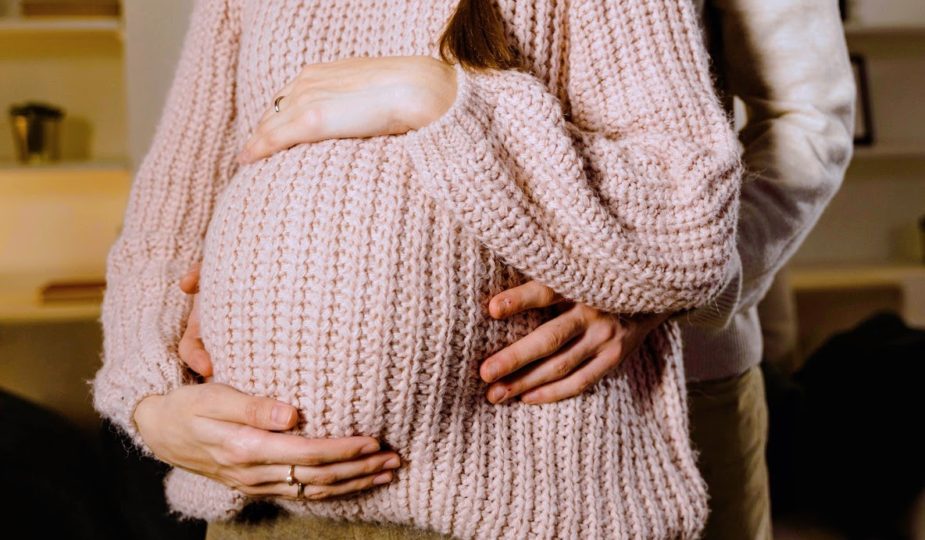
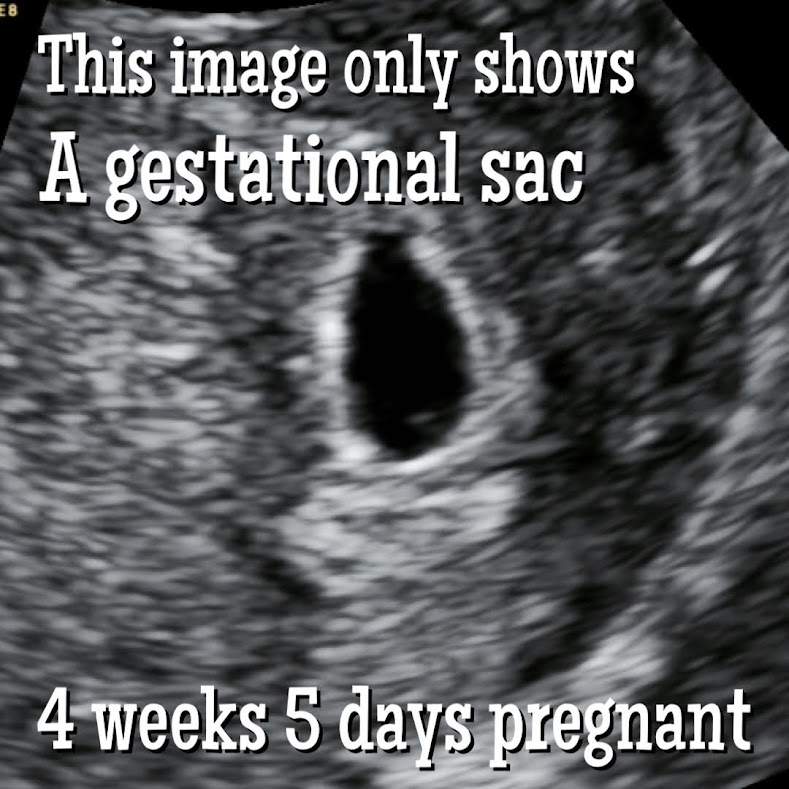
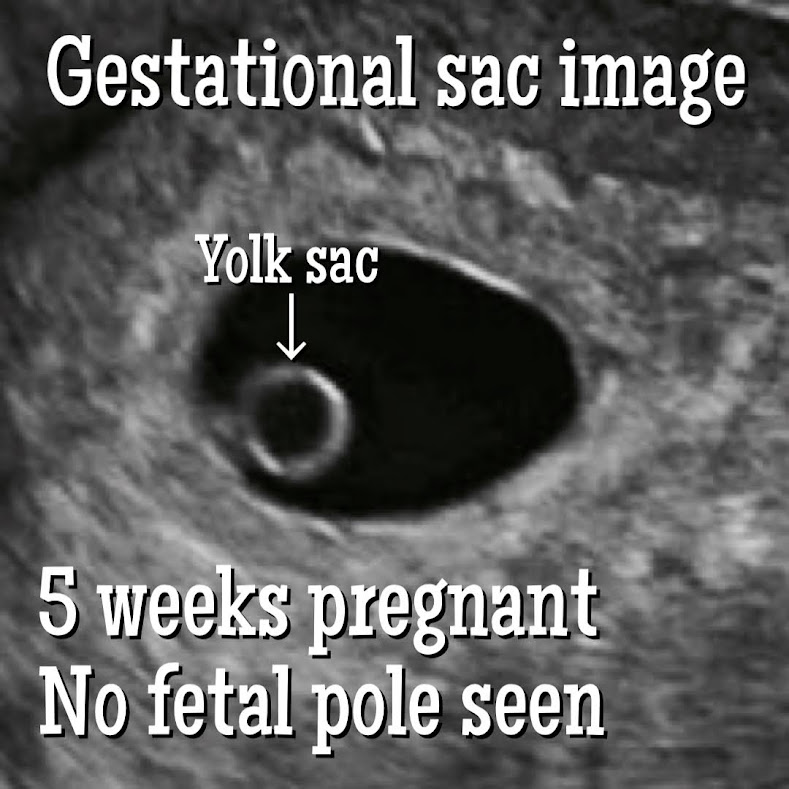

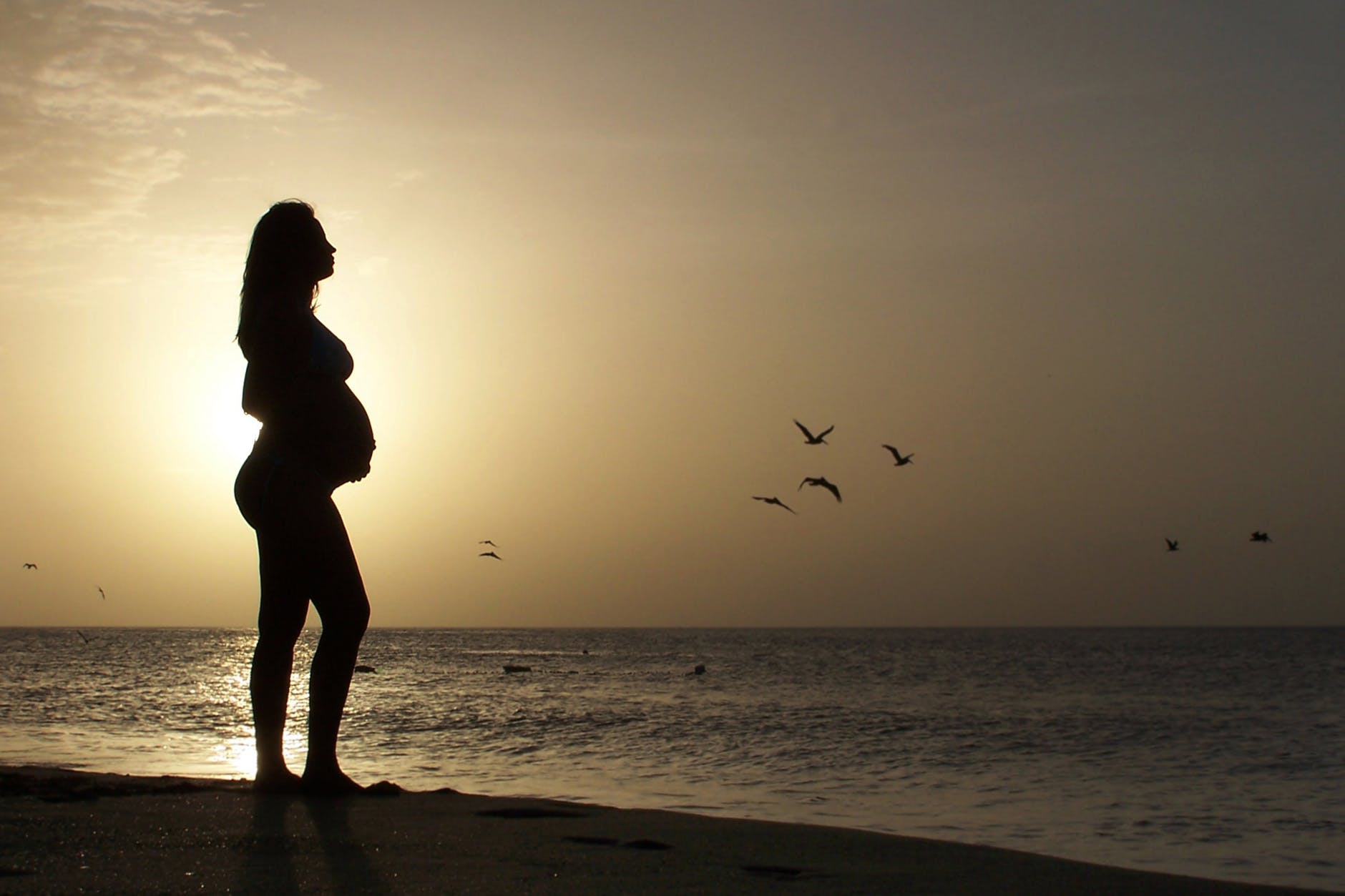







[…] 11 Signs of a Really Early Pregnancy. […]
[…] 11 Signs of a Really Early Pregnancy. […]
[…] 11 Signs of a Really Early Pregnancy. […]
[…] Posts you might like to read: 11 Signs of a Really Early Pregnancy. How to Relieve Stress During Pregnancy. How to get pregnant fast and naturally. Foods to avoid […]
[…] 11 Signs of a Really Early Pregnancy. […]
[…] 11 Signs of a Really Early Pregnancy. […]